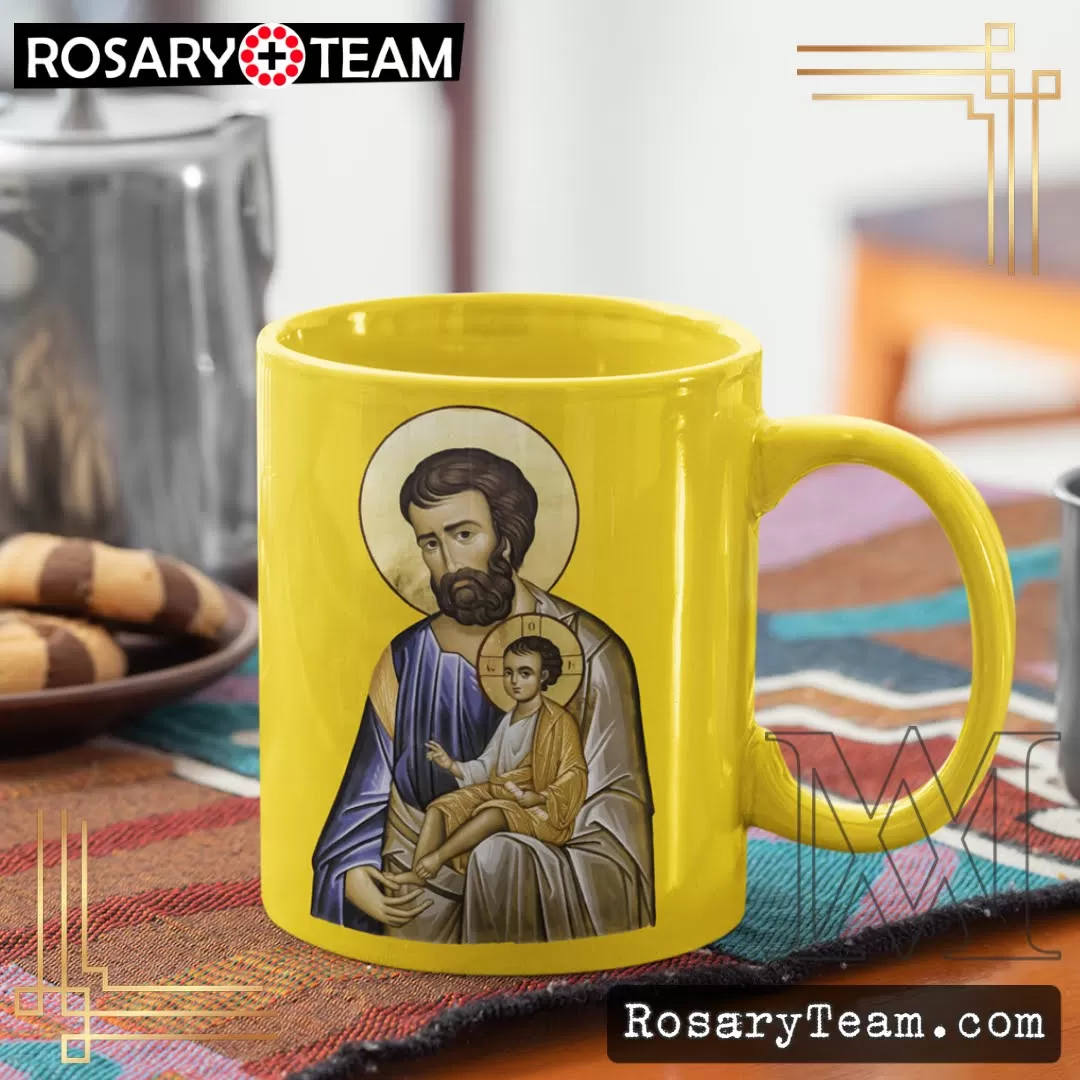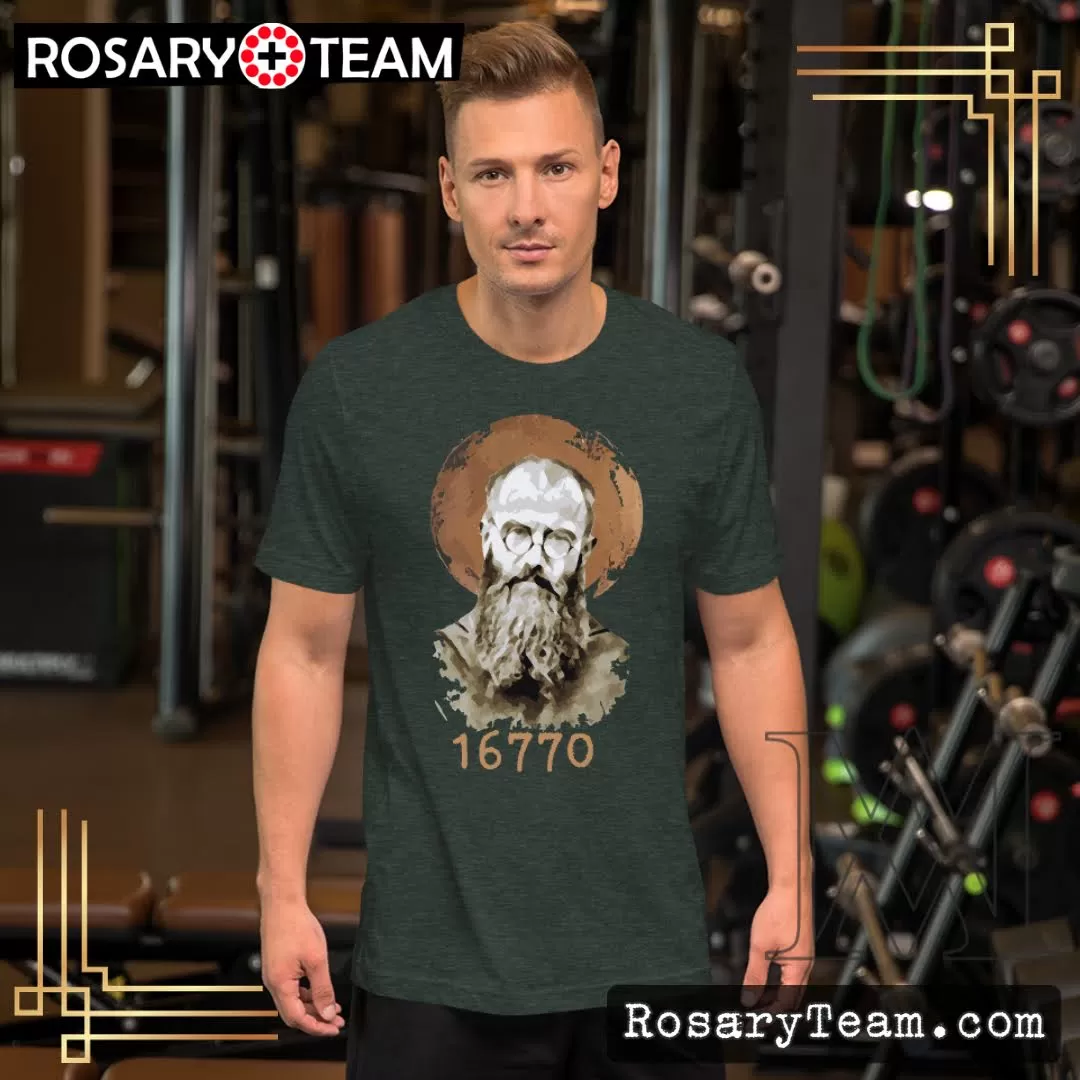Wednesday, April 13 : Saint Prosper of Aquitaine

Saint Paul states: «In these, the last days, God has spoken to us in his Son, whom he has established heir of all things» (Heb 1,2). Now, doesn’t this sentence mean that the Father considered everyone to form a part of Christ’s inheritance? It matches the prophecy of David: «Ask and I shall give you the nations as your heritage, that you may have dominion to the ends of the earth» (Ps 2,8). Our Lord himself declares: «I, when I am lifted up from the earth, will draw everyone to myself» (Jn 12,32). Does it not appear that the salvation of every person is promised? Elsewhere we find a prophecy about the Church: «Every valley shall be filled in, every mountain and hill shall be laid low, the rugged places shall become a plain and the highland a broad valley» (Is 40,4). Does it seem as though anyone has been forgotten or has not been chosen here as one of Christ’s subjects? And what should we think when we read: «All flesh shall come and bow low before me; they will worship me in Jerusalem, says the Lord» (cf. Is 66,23)… Therefore the term «people of God» is to be understood in all its fullness. No matter if the majority of people refuse or neglect the Savior’s grace, it is the whole that is indicated by the words «elect» and «predestined»… The apostle Paul also says: «We proclaim a crucified Jesus Christ, a stumbling block to Jews and folly for pagans… but the power and wisdom of God» (1Cor 1,23-24). Would Christ be «the power» and «wisdom of God» in the eyes of the same people for whom he is «a stumbling block» and «folly»? In fact, since certain people are saved because of their faith while others are hardened in their unbelief, the apostle included both faithful and unfaithful under the general title of «chosen». Thus he showed that those whom he counted as pagans had become strangers to God’s call even though they had heard the Gospel.
maronite readings – rosary,team
















